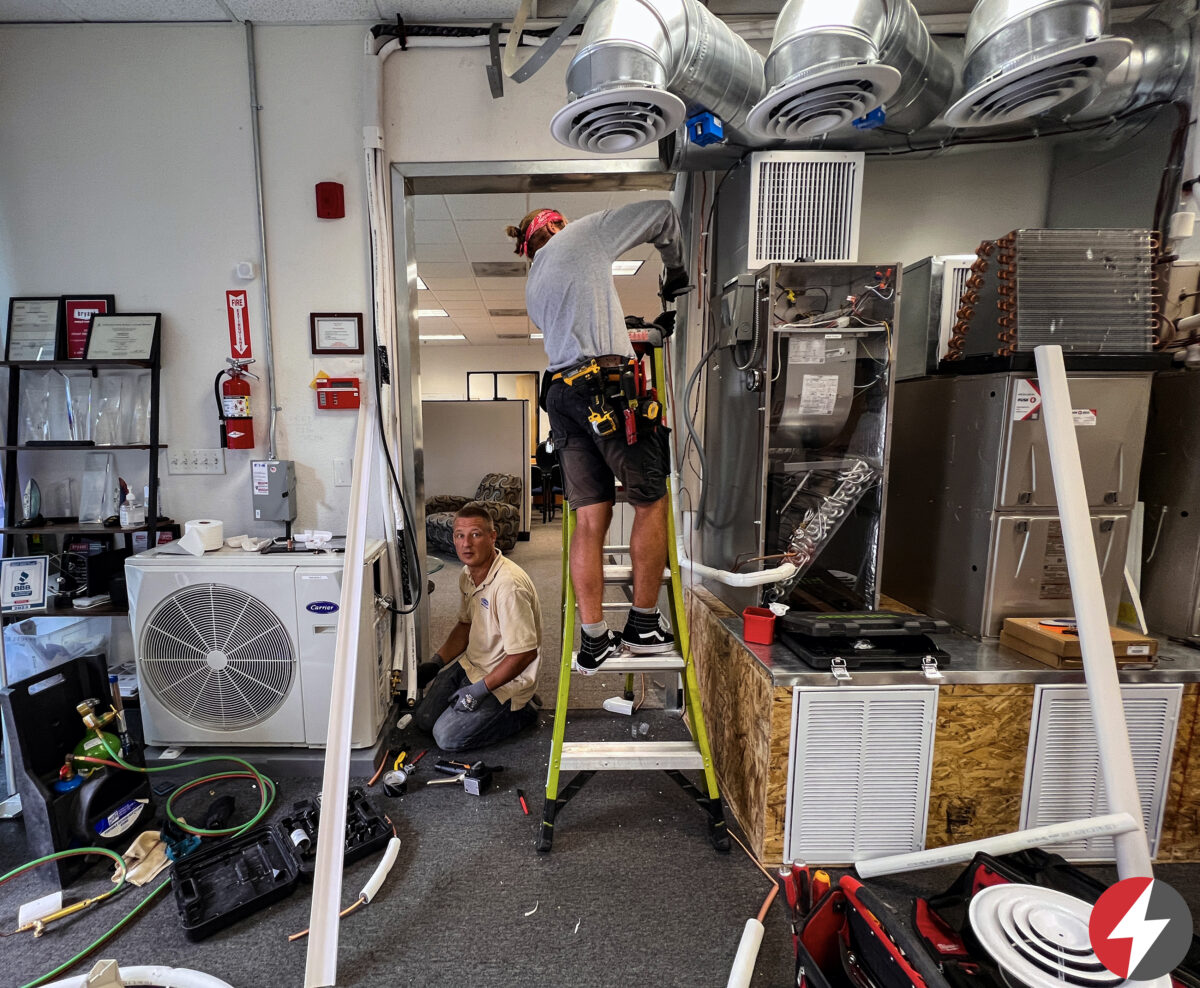Online gaming has become one of the most prominent and rapidly debet growing sectors in the world of entertainment. With millions of players across the globe, it has transformed the way people interact, compete, and experience games. From casual mobile games to immersive multiplayer experiences, online gaming offers a vast array of options that cater to all types of players.
The Growth of Online Gaming
In the past two decades, online gaming has evolved from simple browser-based games to complex, graphically rich virtual worlds. The widespread availability of high-speed internet and advancements in gaming technology have played a crucial role in this transformation. Today, players can connect with friends or strangers, form teams, and participate in large-scale virtual battles, all from the comfort of their homes.
The growth of online gaming has also been fueled by the increasing popularity of esports. Competitive gaming has become a legitimate career for many professional players, with tournaments offering multi-million-dollar prize pools. Esports has expanded the scope of online gaming, turning it into a global phenomenon. Major gaming companies and streamers, such as Twitch and YouTube, have made it easier than ever for fans to watch their favorite games and players.
Social Interaction in Online Gaming
One of the most significant aspects of online gaming is its ability to connect people from all over the world. Players can form friendships, join guilds, and work together to achieve common goals. The multiplayer aspect of online gaming fosters collaboration, teamwork, and competition, enhancing the social experience.
In many games, communication is key. Voice chat, messaging, and social media integrations have allowed players to stay connected, not just during gameplay, but also outside of it. Online gaming communities often extend to forums, Discord servers, and social media platforms, where players can share tips, strategies, and experiences.
The Impact of Mobile Gaming
Mobile gaming has become a major contributor to the rise of online gaming. With smartphones in nearly every pocket, players can enjoy games at any time and from anywhere. Mobile games like PUBG Mobile, Fortnite, and Clash Royale have millions of active users, proving that online gaming isn’t limited to high-powered gaming PCs or consoles. These mobile platforms have made gaming accessible to people who may not have had access to traditional gaming devices.
The Future of Online Gaming
Looking ahead, the future of online gaming appears even more promising. Virtual reality (VR) and augmented reality (AR) are expected to play a significant role in transforming gaming experiences. VR allows players to step into fully immersive virtual worlds, while AR blends the digital and physical worlds in exciting ways.
Cloud gaming is another area with immense potential. Platforms like Google Stadia, Xbox Cloud Gaming, and NVIDIA GeForce Now are pushing the boundaries of how games are delivered and played. With cloud gaming, players can stream games directly to their devices without needing expensive hardware. This could make high-quality gaming more accessible to a wider audience.
Moreover, the continued integration of artificial intelligence (AI) will enhance gameplay, creating smarter non-player characters (NPCs) and dynamic environments that respond to players’ actions in real time.
Conclusion
Online gaming is no longer just a pastime; it has become a global industry that connects people, creates opportunities, and fosters innovation. Whether you’re playing competitively or casually, online gaming offers something for everyone. As technology continues to evolve, the experiences and possibilities within this digital world are bound to grow, making online gaming an integral part of our entertainment culture for years to come.
